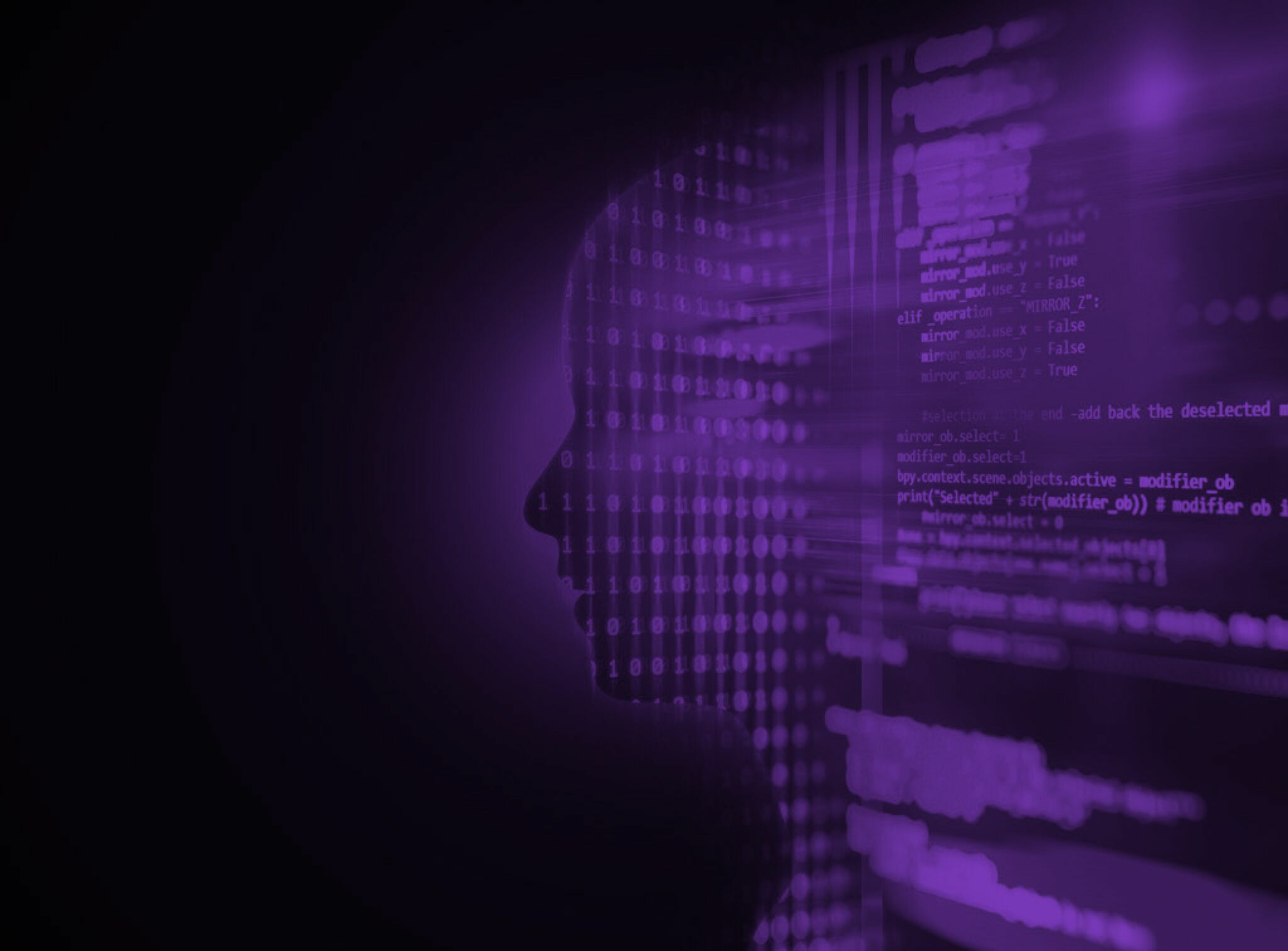04 Feb 2021 | Industry Insights
Progress with prediction

In 2020, Twinview recruited Neville, our first Data Scientist. We had spent the previous four years developing the platform to operate as a digital twin of a physical building.
There is a large amount of data available in the property sector, however, it is usually disjointed. For example, buildings have Building Management Systems and Access Control, but data is rarely used.
The first step for Twinview was to aggregate this information. The platform connects information and data streams at the asset level into a model.
Data from other systems link to Twinview via API connections providing a vast amount of data.
Twinview reduces costs and carbon whilst improving user experience and safety.
Access to data goes a long way to achieving this. However, we believe in optimising a building truly; we need to use artificial intelligence to predict and learn from building performance. The ultimate goal is to develop the autonomous building.
When our Data Scientist joined, we set him a task to research how machine learning could help us to predict energy use and maintenance in a building to optimise its performance.
His first question was: "Where are the data sets for buildings?" Unfortunately, we were unable to help as the property sector has been analogue for decades.
Neville initially gathered performance data from all over the world, which he cleaned for analysis.
He collated data from 500 office buildings from across the world, to train the computer to develop an algorithm which initially predicted energy use for three months and later extended to twelve months.
Within the Twinview dashboards, there is an energy performance widget where we can predict the energy consumption by adjusting several parameters such as occupancy, temperature, location etc. Currently, we have 32 different data points.
There is still work to do. The algorithm is 93% accurate over three months and 82% over 12. We are working to increase the accuracy over the annual cycle.
The next challenge is predictive maintenance. If we were struggling to find energy information, we have no chance of finding any maintenance data.
We are taking a different approach to this machine learning due to the lack of performance information. It is early days, but we have already had some exciting outputs.
Our energy prediction tool is available in beta on Twinview and is being used in several buildings in London.
It is very early days in the development of artificial intelligence in the property sector, however, we will ensure Twinview is always at the forefront.
Related insights

eBooks
Digital Twins in Higher Education Estates: A Practical Guide
Higher education institutions manage some of the most complex and diverse estates in the public sector, encompassing multi-campus environments, ageing infrastructure, specialist teaching and research facilities and high levels of daily occupancy. Effective estate management is therefore critical to supporting academic excellence, meeting sustainability commitments and maintaining financial resilience. As operational pressures increase and resources tighten, universities are increasingly exploring innovations such as digital twins to improve visibility and control across their estates.
Read more

Industry Insights
What Do Digital Twins Hold for 2026: From Visualisation to Smart Building Operations
As digital twins move from experimentation into everyday building operations, 2026 is shaping up to be a pivotal year for the sector. To explore what’s genuinely changing and what remains more hype than reality, we sat down with one of the Directors at Twinview, Neil Hancock, for a fascinating conversation on the future of digital twins and smart building operations. This interview captures an honest, practical discussion on where adoption is really happening, what operators actually need from digital twins and how the market is maturing.
Read more

Industry Insights
How Twinview Can Modernise Mine Infrastructure and Operations
Mining environments are complex, high-risk and heavily data-dependent. Managing critical infrastructure and equipment across sites requires clear, reliable operational visibility. By acting as an intelligence layer across existing systems, Twinview consolidates performance data into a single, trusted view. This enables teams to prioritise maintenance more effectively, demonstrate compliance with confidence and make operational decisions based on accurate, real-time information. In high-risk environments where downtime and failure carry significant consequences, clearer insight means reduced risk, improved performance and stronger control.
Read more

